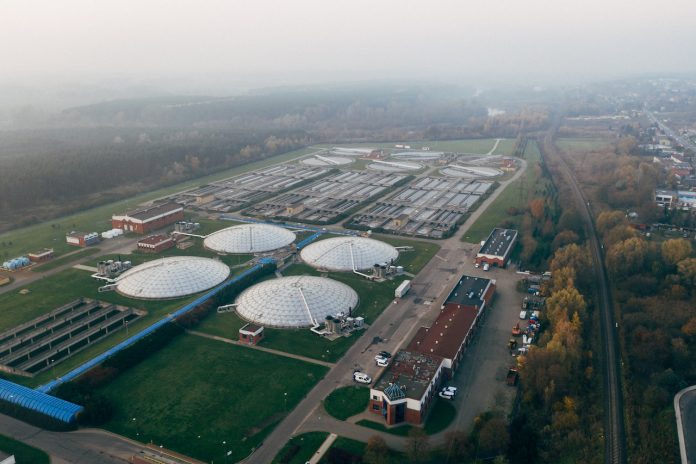India’s rapidly expanding biofuels sector is playing a pivotal role in the country’s ongoing energy transition, effectively balancing economic growth with environmental sustainability. A recent S&P Global report highlights how biofuels are becoming central to India’s efforts to reduce its carbon footprint while enhancing energy security.
Transport Sector: A Key Focus for Biofuel Adoption
The report identifies the transportation sector as a major source of emissions and a heavy consumer of imported fuels. This dual challenge presents both obstacles and opportunities for adopting sustainable alternatives. Recognizing this, India is not limiting itself to battery electric vehicles and hybrids but is embracing a comprehensive “multi-fuel mix” strategy.
Multi-Fuel Mix Strategy Accelerates Innovation
According to S&P Global, “original equipment manufacturers in India are actively exploring and developing biofuel technologies.” This diversified approach aims to simultaneously boost energy security, lower greenhouse gas emissions, and stimulate agricultural growth—creating a win-win scenario for the economy and environment.
Progress and Challenges in Bioethanol and Bio-CNG
India is making significant strides in bioethanol production, moving closer to its ambitious goal of achieving a twenty percent ethanol blend in fuels. However, the report underscores that expanding bio-compressed natural gas (bio-CNG) production and distribution requires focused efforts to overcome infrastructure and supply chain bottlenecks.
Energy Demand and Environmental Concerns Drive Change
India’s growing transportation energy needs and rising environmental concerns, fuelled by rapid economic development, make biofuels indispensable. S&P Global notes that “bioethanol and bio-CNG have emerged as critical components” to reduce the country’s heavy dependence on fossil fuels, with oil imports accounting for nearly 88 percent and gas imports around 50 percent of total demand.
Economic Benefits Bolster Biofuel Adoption
Beyond environmental gains, the report highlights the economic advantages of biofuels. By decreasing reliance on crude oil and liquefied natural gas imports, India can conserve precious foreign exchange and strengthen its economic resilience and self-reliance.
Automotive Industry Embraces Diverse Technologies
Indian vehicle manufacturers are investing in a broad spectrum of technologies, including battery electric vehicles, hybrids, and flex-fuel vehicles. The growing focus on flex-fuel vehicles complements the bioethanol blending program, offering consumers more options and supporting the expanding biofuels market. As reported by knnindia.co.in, the comprehensive approach positions India to achieve a sustainable, energy-secure transportation future, blending innovation with pragmatic policy and industry collaboration.

































